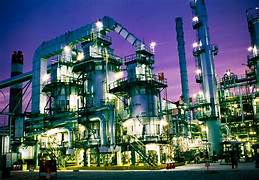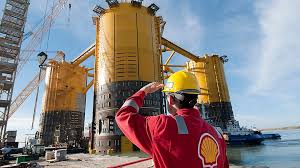Rising Demand from US, China Push Oil Prices to $83.45/pbrl

There was an increase in oil prices to 83.45 per barrel early yesterday, due to rising demand from the largest consumers in the world, namely the United States and China.
This was further supported by an optimistic outlook from the U.S. Federal Reserve regarding potential rate reductions.
Specifically, Brent crude futures had gained 0.6 per cent, equivalent to 49 cents, reaching $83.45 per barrel.
Similarly, U.S. West Texas Intermediate (WTI) crude futures experienced a 0.7% increase, or 60 cents, arriving at $79.53.
Despite these increases, both benchmarks showed a slight decrease for the week. Specifically, Brent and WTI were down by 0.1 per cent and 0.5 per cent, respectively.
The Energy Information Administration reported a significant decrease in U.S. fuel inventories, with gasoline reserves dropping by 4.5 million barrels and distillate inventories decreasing by 4.1 million barrels last week. This larger-than-anticipated decline indicates robust demand.
In the early part of 2024, China saw a 5.1 per cent increase in crude oil imports compared to the previous year.
Meanwhile, India experienced a 5.7 per cent rise in fuel usage in February year-on-year, driven by vigorous manufacturing activities in the country, which ranks as the third-largest oil importer and consumer globally.
The increase in crude oil prices coincides with OPEC+’s decision to voluntarily cut down production- a move mainly championed by Saudi Arabia and Russia.
It would be recalled that President Tinubu, earlier in the week signed a series of executive orders geared towards increasing oil production and investment in the sector. The new rules aim to increase fiscal incentives for oil & gas projects, reduce contracting costs and timelines, and promote cost efficiency in local content requirements.
In January, Nigeria’s crude oil production rose to 1.65 million barrels according to OPEC’s Monthly oil market report. However, the administration of President Tinubu plans to double crude oil production to achieve his $1 trillion GDP in the next three years.









